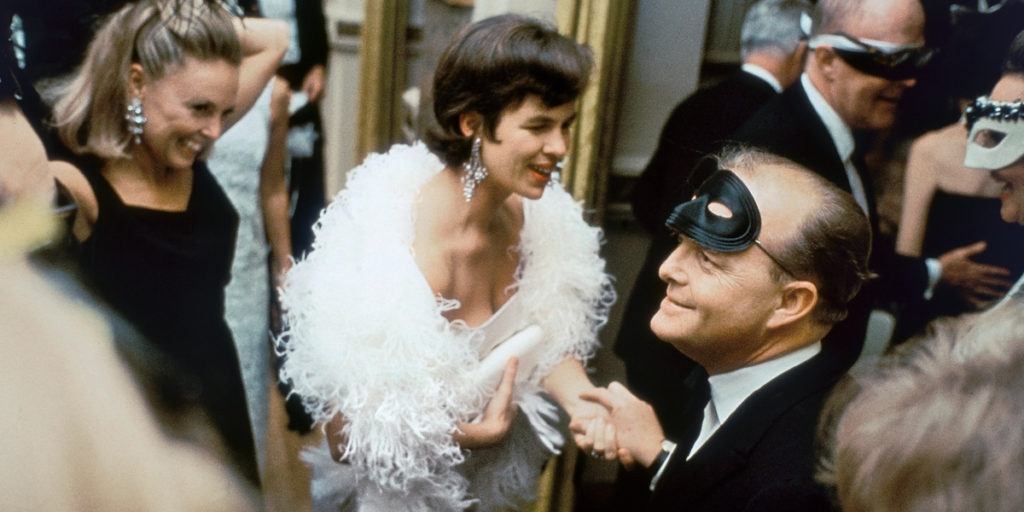The Capote Tapes

USA. New York City. 1966. Truman CAPOTE at his "Black and White Ball" at the Plaza Hotel.
The experience of watching CAPOTE TAPES, Ebs Burnough’s documentary detailing the painstakingly-crafted, eccentric life of author-cum-socialite Truman Capote in the current sociopolitical climate illuminates. A common theme echoes within Todd Phillips’ JOKER: the working man’s impotent frustration with corrupt wealth. Disney – a mega corporation that prides itself on its traditional, “family-friendly” values – continues portfolio growth through unrelenting acquisition. A fauxligarch currently occupies the White House.
We live in a world where wealth and media merge in a way that’s impossible to detangle; our popular art both reflects and informs our societal attitudes. To understand that truth is to understand the forces who direct what messages we consume, and why.
Utilizing interviews with Capote’s close friends and surrogate daughter (Kate Harrington) the film chronicles the trajectory of his truncated yet incandescent life. Born in New Orleans, Louisiana in 1924, ascending from a humble and formative childhood, he published his semi-autobiographical first novel “Other Voices, Other Rooms” in 1948. Open about his homosexuality and possessing an arresting, etherial beauty, Capote secured himself a place in our literary consciousness with his subsequent works, “Breakfast at Tiffany’s” and “In Cold Blood”.
From there, he intuited that the key to remaining relevant wasn’t just in the creation of art, but rather holding influence over New York City’s stratospheric upper-upper class affluence. The tight inner circle of beautiful, bored wives of billionaire CEOs are the true prime-movers of social trends; they decide who wears, watches, or reads what. Magazines then filter this information down to the plebes. It’s a vicious ouroboros that continues to this day: we worship the concept of celebrity and romanticize the money that ultimately controls both our opinions and our lives.
In his ever-growing need to maintain his place within these elite ranks, Capote failed to learn the most important lesson: never threaten the power or ego of these people. Upon releasing entrusted secrets of this inner circle through his unfinished novel, “Answered Prayers”, earned his unceremonious and permanent expulsion from polite society.
Burrough’s film dips us into the lives of the ultra-rich, both tantalizing and appalling us in their oblivious excess (ie: the infamous Black and White Ball, a masquerade event held in 1966 at the Plaza Hotel). We ache for Capote’s indulgences and blunders, while remaining appalled at his clamoring need for acceptance by such a selfish and corrosive element, because it’s a dichotomy that we begrudgingly recognize in ourselves.